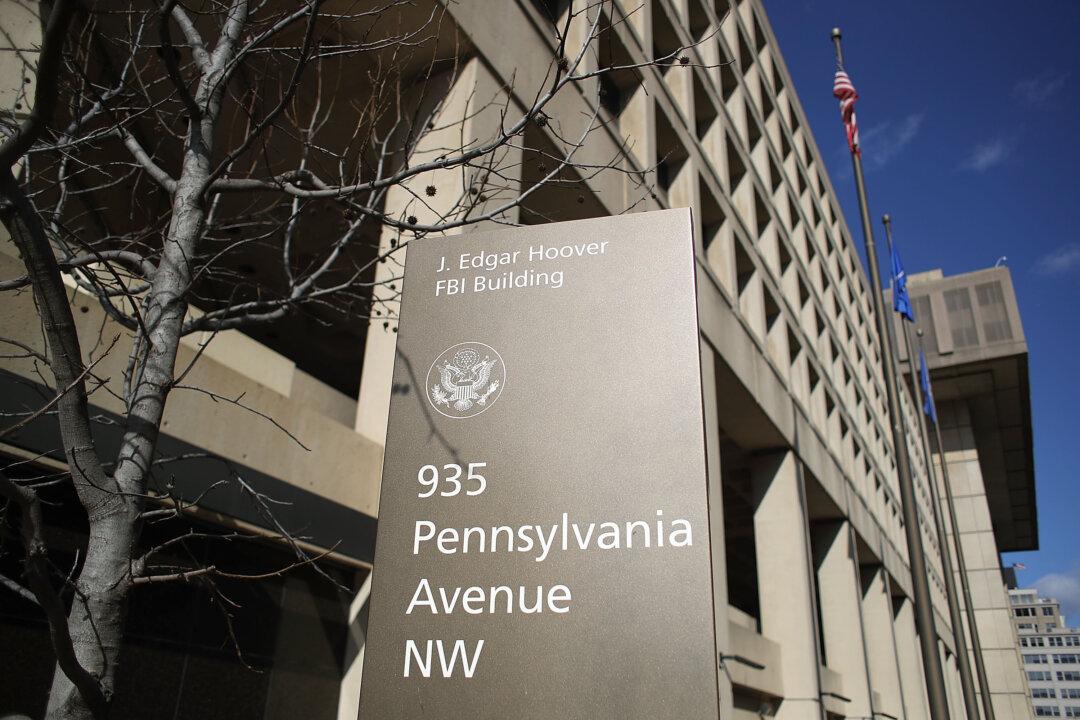A Seattle federal judge has denied a motion to suppress evidence in an ongoing domestic extremism case, ruling that the FBI was not required to disclose more than $82,000 in payments to an alleged white supremacist serving as a confidential informant.
Judge John Coughenour’s Aug. 30 decision is the latest development in the case of Kaleb Cole, an accused neo-Nazi and Atomwaffen member arrested in February 2020 for allegedly participating in an Atomwaffen intimidation campaign against Jewish people and journalists of color.




